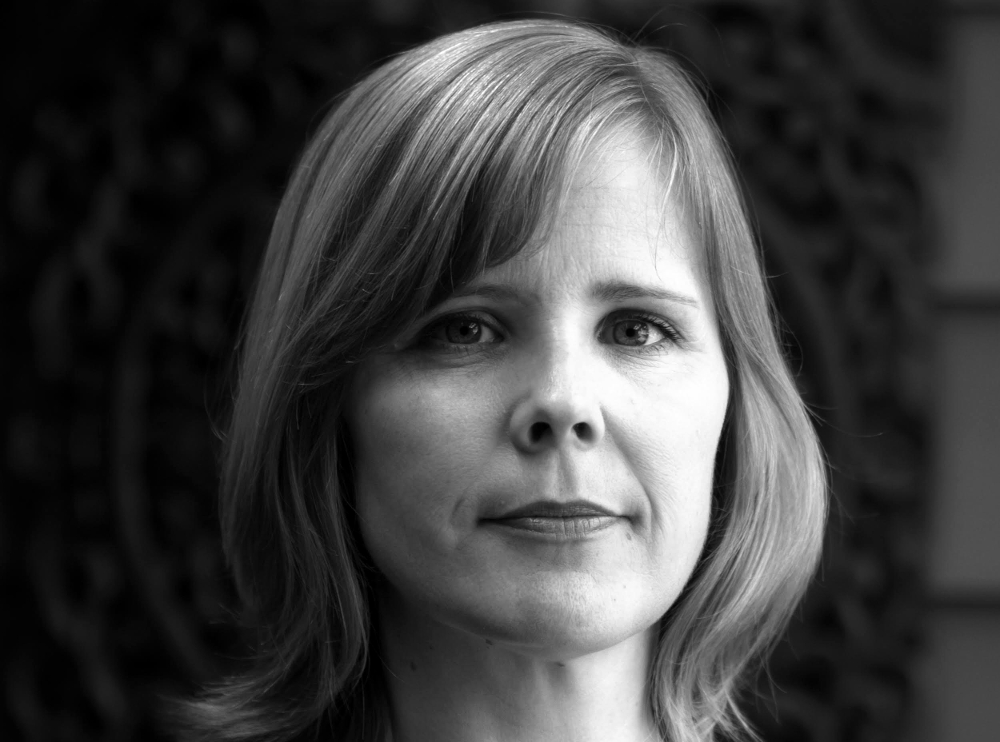
Why ‘Earth’? Because we are of it, because we are destroying it, because there is nowhere else. Because to think about anything else right now feels like dissociation.
The theme of this special issue isn’t radical. It’s not political. It’s not alarmist. It’s simply about drawing attention to a clear and present danger, something that is true: life on Earth, as we know it, is under threat. As for the relationship between this matter and poetry, isn’t truth-seeking what we like to think of as the job of the artist? Or are we just being poetic and self-regarding when we say that?
The threat we are facing is hardly new. I first wrote about global warming for an assignment in my year-ten high-school chemistry class. That was in 1988. 32 long years ago. My chemistry teacher gave me an ‘A+’ and submitted the mini-essay to the local newspaper, which published it as a letter to the editor. I have a shameful memory of plagiarising some sentences that appeared in that essay, but confession is not the point of this recollection. The point is this. In 1989, the world banned CFCs to save the ozone layer. In 1988, the idea that the world would similarly legislate to stop global warming didn’t seem at all controversial or far-fetched.
But look at us in 2020: in denial, confused, divided, angry, distracted, or anaesthetised. Meanwhile, Earth is heading towards becoming uninhabitable for most species, including us.
What is the extent of our complicity? As David Wallace-Wells writes in The Uninhabitable Earth: A Story of the Future, ‘The corporate influence of fossil fuel is present, of course, but so are inertia and the allure of near-term gains and the preferences of the world’s workers and consumers, who fall somewhere on a long spectrum of culpability stretching from knowing selfishness through true ignorance and reflexive, if naïve, complacency.’
I’m not interested in taking the moral high ground, but I am interested in foregrounding our climate emergency, our accelerating existential crisis. We have to be able to see it – as honestly as we can, undiluted by nostalgia or nihilism or hope – before we can try to do anything about it. And there are, some people believe, things that still can be done. Indeed, what Wallace-Wells considers most tragic is that ‘we have all the tools we need, today, to stop it all: a carbon tax and the political apparatus to aggressively phase out dirty energy; a new approach to agricultural practices and a shift away from beef and dairy in the global diet; and public investment in green energy and carbon capture.’ Greta Thunberg’s divine fury is surely fuelled in part precisely by such knowledge.
When it comes to poetry, there is no one ‘right’ way of writing about the Earth in the light of the climate crisis. The poetry I have selected here, which comes from all over the world, expresses a range of emotional registers, from the satirical to the elegiac. The anger in some poems is barely contained by form. Other poems find new applications for the surreal. Others insist on drawing attention, through detail, to wonder and beauty. Other poems are conversational, heartfelt, personal. Together they make up a collection of Earthling poems for the Anthropocene – a collection that emerged from over 500 other submissions, which I would also like to honour here. This issue is also enriched by essays that speak in diverse ways to our condition as Earthlings clinging to the miracle of a rocky planet in the so-called Goldilocks Zone. Not too warm, not too cold. Our life on Earth is a fairy tale. We live in paradise, but we seem intent on orchestrating our own Fall.













